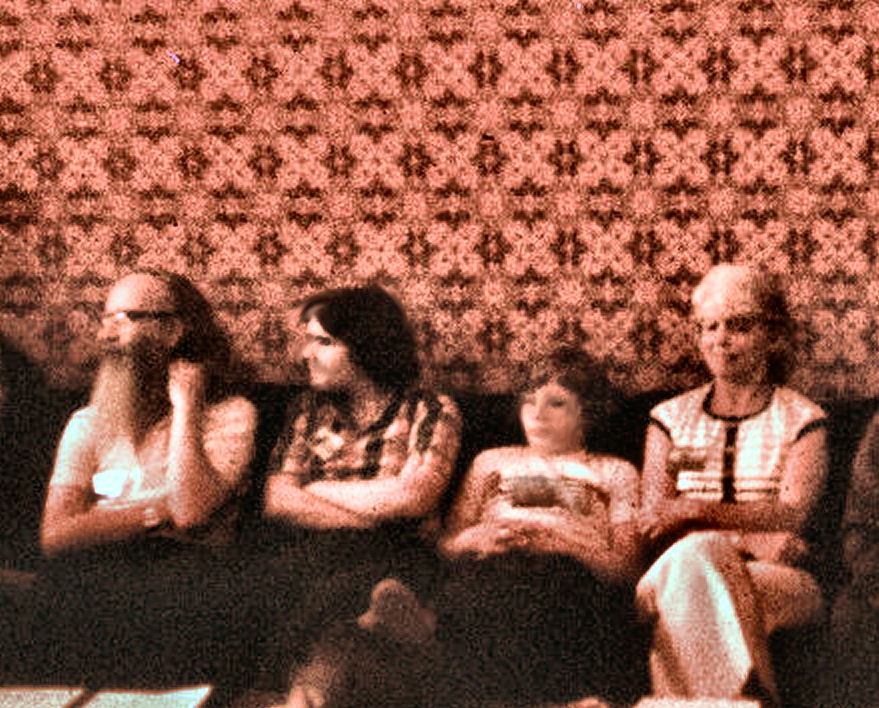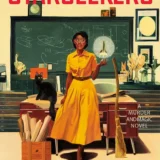 An interesting message appeared on Twitter this week. It was one of those “Huh?” announcements surely meant to draw followers to a more in-depth link. Well, it worked – I clicked it. On September 24, 2013, Popular Science magazine tweeted “Why we’re shutting off our comments” and included a link to the article bearing the same title. Written by Suzanne LaBarre , the online content director of Popular Science explains why “PopularScience.com will no longer accept comments on new articles.”
An interesting message appeared on Twitter this week. It was one of those “Huh?” announcements surely meant to draw followers to a more in-depth link. Well, it worked – I clicked it. On September 24, 2013, Popular Science magazine tweeted “Why we’re shutting off our comments” and included a link to the article bearing the same title. Written by Suzanne LaBarre , the online content director of Popular Science explains why “PopularScience.com will no longer accept comments on new articles.”
As a blogger team member here at Amazing Stories, I believe the comments section is an important element in membership involvement and vital to a growing fandom. The compassion of the fan base is evident through the willingness to appreciate, add to, and even debate the articles posted every day. We hope for and encourage reader involvement. We’re all part of this family of fans, and it should feel like a home. Like other sites, we are not immune to the occasional heated argument or rare inappropriate comment, but you can’t deny that this also reflects the heartfelt emotion from dedicated members of the fandom. How we embrace and utilize this unique form of communication will eventually determine the future growth of this fandom.
So, what went wrong? Why is popsci.com taking a step back from “interactive” status?
Crediting a study led by Professor Dominique Brossard of the University of Wisconsin-Madison, reader perception of stories can be skewed by remarks made by others via the comments section. Of course this is only a brief summary of the study, but according to LaBarre, “If you carry out those results to their logical end–commenters shape public opinion; public opinion shapes public policy; public policy shapes how and whether and what research gets funded–you start to see why we feel compelled to hit the “off” switch.”
“The Future Now” is part of their logo and the basis of being an accepted media outlet for new cutting-edge technologies, so it’s understandable that Popular Science wants to assure its readers of concise purified reporting. But from a long time subscriber, it is both eye opening and depressing at the same time. Is this the true future of on-line comments?
The internet might have provided the anonymity to some of those otherwise too reluctant to contribute to discussions, but the ambiguity of a few ill-intended participants should not force us to shut down a valuable resource – one helping the community of fandom grow.
In this Wiki-influenced world of instant information, the ability to validate reliable sources becomes grayer and grayer every day. All facts are only as good as the sources used. But with that said, I also believe readers need to take some of the responsibility in separating researched information from obtuse comments. The dedication to story authenticity by Popular Science makes sense and should be applauded, but the willingness to cut reader participation in fear of misrepresentation does not. Surely there must be other options?
LaBarre pointed out that Popular Science still encourages reader comments through other outlets like “Twitter, Facebook, Google+, Pinterest, livechats, email, and more.” I’m not sure if these avenues were included in the original research. But seeing how I first found out about Suzanne LaBarre’s article via Twitter, I can’t help but question the thoroughness of Professor Brossard’s findings. Can’t story perception be skewed through comments on these other outlets as well?
It should be pointed out that Popular Science will still open the comments section to a few “select articles that lend themselves to vigorous and intelligent discussion” This harkens back to the ink-and-paper editions of magazines where an editor selects a few choice “letters to the editor” for publication along with an editorial rebuttal. If you’re like me, it was one of my favorite parts of a magazine because it gives the reader a voice. I’m glad Popular Science is at least considering this option. Sometimes I agreed with the letters and sometimes I didn’t. But in the end, seeing a letter by Joe Citizen from Small-Town Somewhere always seemed to give me a sense of partnership with the publication.
Popular Science has always been one of my go-to sites for current events in science and technologies – and a great source for science fiction writing prompts. Yes, this also includes some of the insightful questions derived from the comments section as well. Oh, I’ll continue to go there. But the absence of reader comments might make me feel less at home.
(Editor’s Note: It is the stated policy of Amazing Stories that: 1. Your comments should be relevant to the subject being discussed.
2. Your comments should be directed to the SUBJECT, not the post author or other members who are participating in the discussion.)









Back in the day letters of comment sections in SF prozines accomplished two things: reassured readers they were not alone in their love of SF, and inspired the loccers to get in touch with each other and form clubs. Not to mention the egoboo they inhaled on seeing their name in print in the pages of their favourite SF zine. All very positive. The successful loc (successful in the sense that the editor thought it worth printing) generating all manner of pride and sense of accomplishment in the loc writer.
But today’s instant internet communication is heaven-sent for trolls and cranks with individual and often peculiar axes to grind. They’ll turn any article into an excuse to vent their own rants, without any concern or interest in the intent of the author of the piece. A crank’s sense of accomplishment is not derived from peer approval, but from the conviction they have yet again ‘proven’ how right they are and how wrong everyone else is.
Popular Science has chosen a rather Draconian solution to the problem. It will, at least, enable the magazine to publish in peace, though possibly at the risk of losing touch with what their readers think of the magazine’s articles.
A more practical and reasonable approach (assuming you have the manpower to assign someone to do it) is the policy here at Amazing, to moderate the locs to ensure a civilized tone to the discussions.
Being the former ‘Ghod-Editor’ of BCSFAzine, I would go further. Do as Gernsback and the other early editors did, only publish the locs you like, the ones which bring credit to the zine, and throw away the rest. To heck with freedom of expression for all, concentrate on managing and filtering the readers responses to ensure a pleasurable and invigorating read for everyone else. Out with the trolls and cranks!
Hmmm… just occurred to me… if my suggested policy is implemented… this could be the last loc of mine published in the pages of Amazing… oops.
I see your point about filtering responses R. Graeme (and I often wish that it is done), but there’s a downside to selective commentary too. From a blogger standpoint, comments are not only evidence that people are reading the posts, they are a kind of validation that the topic is worthy of discussion. As a fan driven website like Amazing Stories, participation is just as important as the topic itself. It’s why we’re here and hopefully why the readers are here too. Trolls and cranks aside, I’d worry about alienating readers if they felt I was repressing ANY views from others.
Though they acknowledged the other problems with commentaries, the Popsci standpoint was based on a fear of altering perception of the story (that is what they claim, anyway). As a reader, knowing that any additional info or views pertinent to the story may be being withheld for my own protection is disheartening. I’d like to make that judgment for myself, not have it decided by others.
One of the first things I used to do when my favorite SF zine arrived in the mail was to flip to the fan letters. Oh, I had written plenty of letters to editors “back in the day.” But I have to admit, I never sent a single one (uh-oh, my secret is out). This was partially due to the tough choice of spending my hard earned bottle deposit money on comics rather than paying for postage on a letter that would most likely never make publication. The other reason was a fear that my letter would actually end up printed in the zine for EVERYBODY to read – oh, the horror.
Today, the anonymity of the internet is a way for people to bypass the same kind of fear without the need to trade in those bottle returns for postage. Unfortunately, it is also an outlet for the trolls and cranks to operate without repercussion. We can either bow to the troublemakers by changing the way we operate or take the high road and deal with it like the proud members of fandom we are. Like Steve Davidson suggests, all we need to do is say “I love you” and move on.
The Amazing Stories policy is pretty simple and straight forward – comments should reflect and be directed to the subject. This may not protect the “perception of a story” like Popsci hopes to achieve, but then again, that’s not why we’re here at Amazing Stories. We thrive on the discussions and fan camaraderie (including opposing views). It’s called fandom.